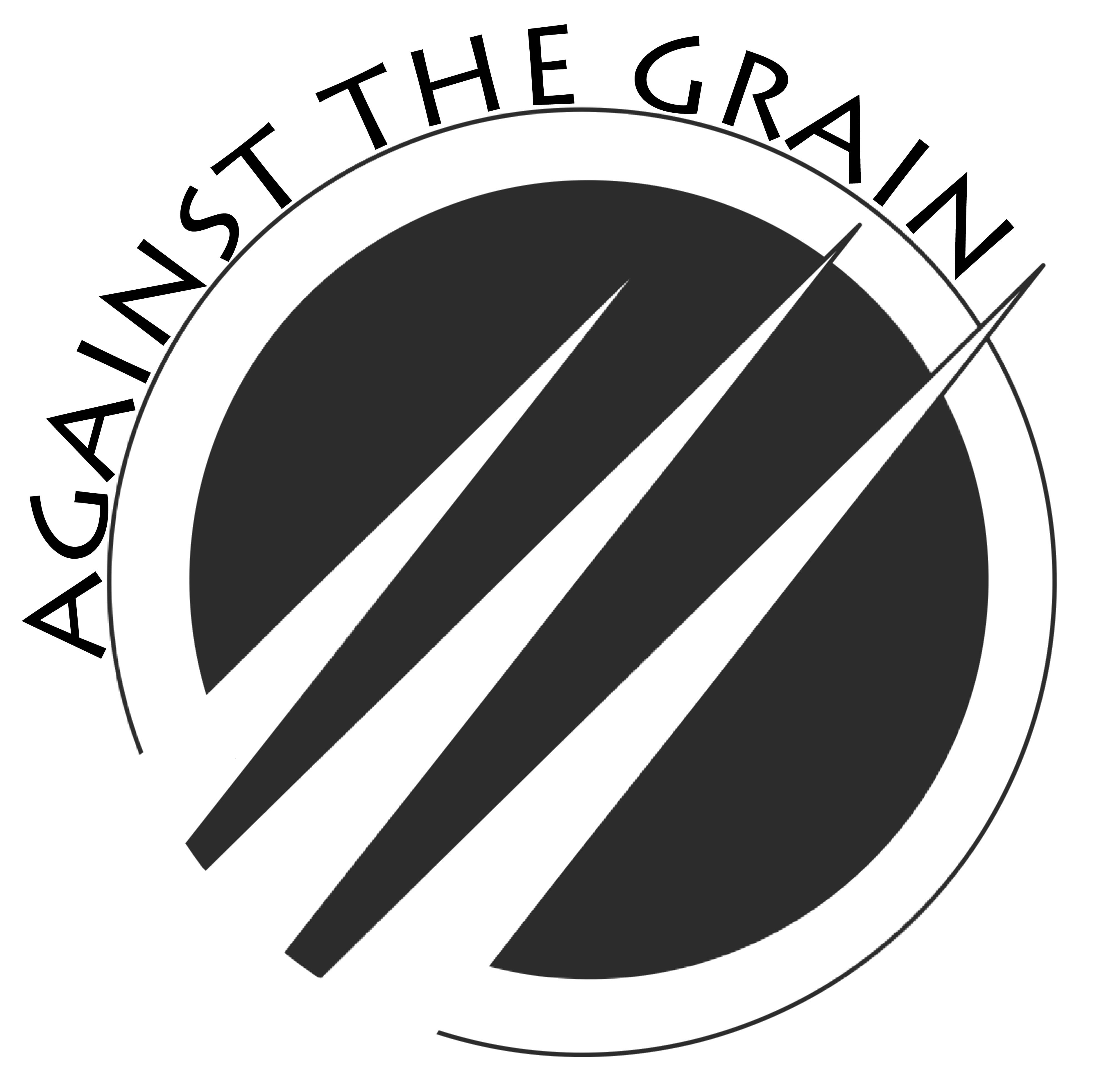 We are really lucky to have the very talented poet, short story writer and editor, Sarah James, judging this year’s competition. Check out details of entering HERE.
We are really lucky to have the very talented poet, short story writer and editor, Sarah James, judging this year’s competition. Check out details of entering HERE.
We want to pass on some top tips to help you on your way for entering our competition and any others you fancy this year. We posed a few questions to Sarah to find out what a judge wants from a poem and also what the poet can do to ensure their poem gets further and further up the shortlist pile.
What do you look for in a poem?
I try to come to poems openly and with as few expectations or pre-conceptions as possible, particularly as a competition judge. In terms of what I’ll be looking for in this competition, I’m only really going to be able to answer that afterwards. Things that I might anticipate finding in a poem I’ll love include striking imagery and lines that resonate long after I’ve read them. A sense of surprise that I don’t see coming but that in retrospect fits so perfectly that it seems inevitable. Admiration that makes me wish I’d written the poem myself, and feeling changed in some way after reading – the transformative power of a strong poem. I love words, so I tend to notice language choices. But having said all this, it’s probably important to add that all of these are possible without great drama or an overly flamboyant style – unless those are naturally part of the poem. In other words, everything needs to fit together to create something that’s totally unique in its own way.
Some people talk about “competition poems”. Do you think there is such a thing?
Yes. No. It depends. This is another hard one to answer. It’s probably easier to turn it around and say that I do think there are poems that are NOT-competition poems. Any ‘discrepancies’ in an otherwise stunning poem, that might easily be picked up by an editor before publishing, are likely to fall flat in a competition setting, for example. A competition like any other poetry arena has its constraints and opportunities – but these can be as particular to the competition as submitting to journal a rather than journal b. Obviously, there’s what the competition rules have asked for and the judge’s subjective tastes. I’d anticipate a competition-winning poem to include needing to stand out all by itself in some positive way on first reading, without knowledge of the poet or the context of other poems that might encourage re-reading of some wonderful poems in a different setting.
Personally, I’ve found the notion of ‘competition’ combined with ’poem’ most useful though when applied to the writing process for every poem. My adaptation of this is not about poems being in competition with each other, though this may also happen at a later stage, but against their own variations and earlier drafts until they reach the best version they can take. There is a kind of success or winning for every poem that completes this process. Then, the chance to assess where they go next, be it to a magazine, competition entry or somewhere else.
Have I actually answered your question here or given my own slant on it? Another trick of competition and other strong poems may be to find, create and maintain the ‘best’ slant (whatever that might mean for that particular poem) on something universal that most readers can engage with.
What are your top tips for people submitting?
1) Ignore everything I’ve just said! I’m both kidding and not kidding in saying this. My advice is well intended and based on past experience. But the best advice should come from the poem itself and remaining true to it. External input may inspire a successful new slant, but forcing something on a poem that it doesn’t want to do is more likely to destroy it.
2) Double check everything, and then again, one more time. Even better, asked a trusted friend to proofread for any typos, misplaced punctuation, unnecessary words, confusions…that writer familiarity with the poem may have blinded out. (Yes, it’s a cliché. But, seriously, when I start reading competition poems, I’m going to be looking for what’s good about them. By the time I get to the nth whittling down of possible winners and still have too many to choose between, I’m going to be looking for the smallest things that let any of them down, however stunning the rest of the poem.)
3) Be brave and have confidence – in the poem, in the letting go of it and in the fact that whatever the final outcome of the competition, simply preparing poems for competition is a creative process in itself and one that’s likely to make a strong poem even stronger. (And the great thing about competition anonymity, of course, is that every eligible poem also stands on its own merits, regardless of what the poet may have – or have not – written, had published or won before.)
